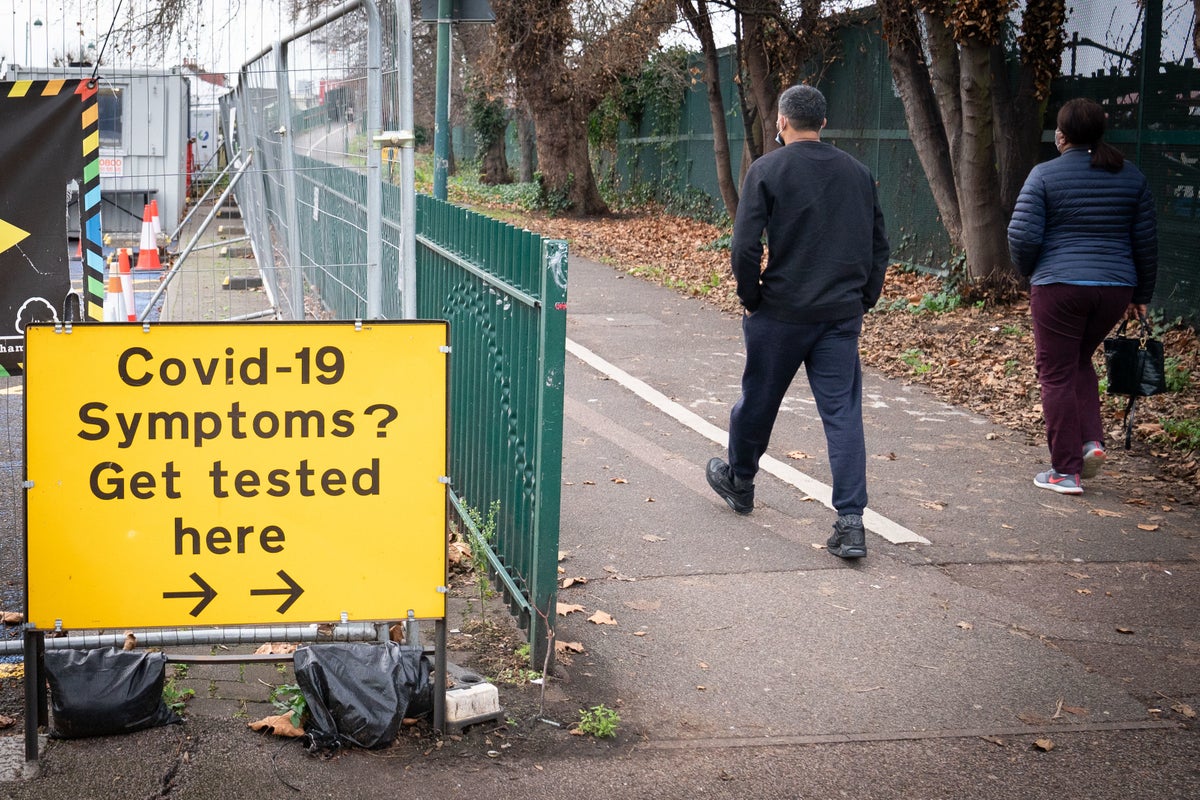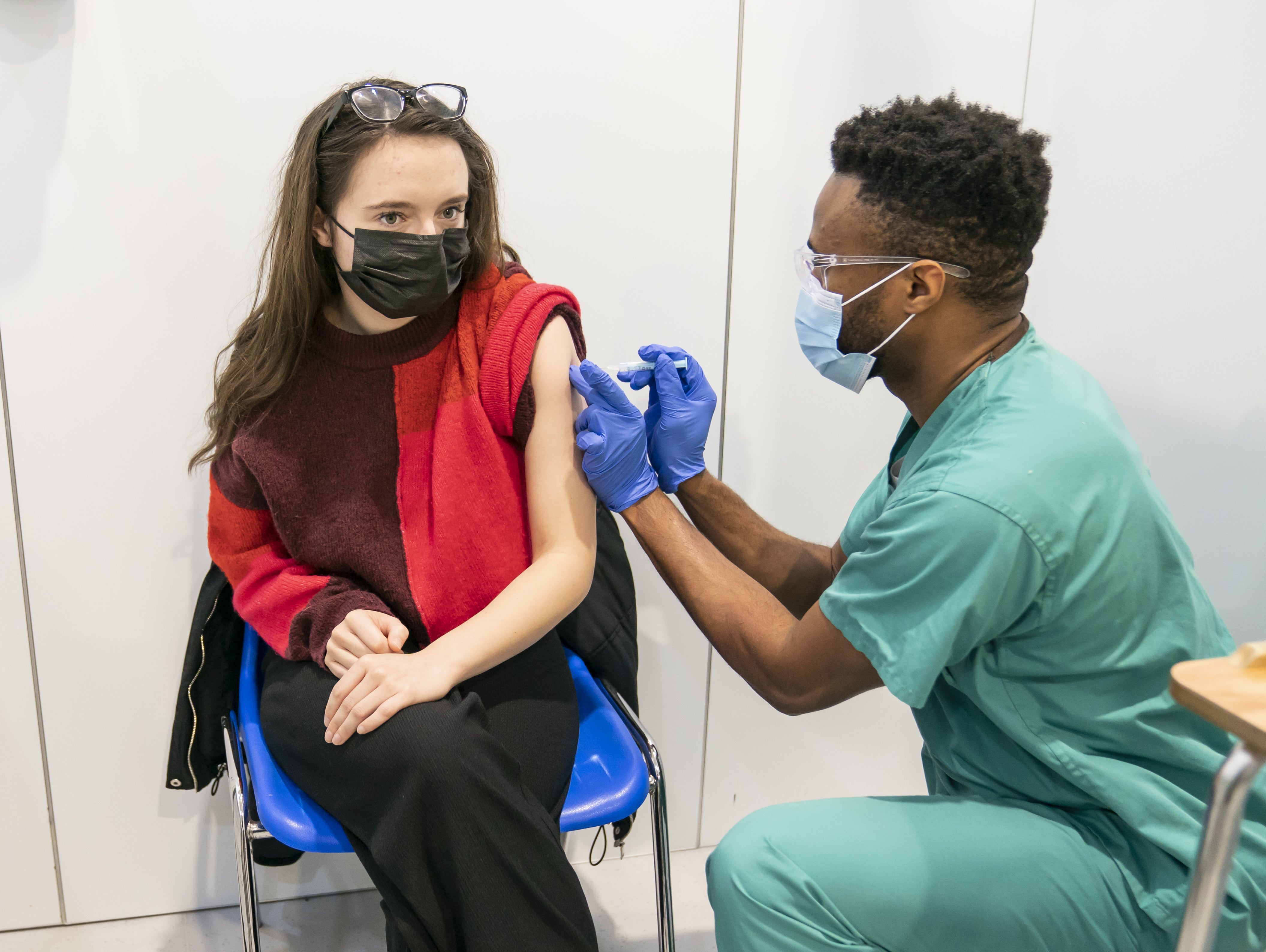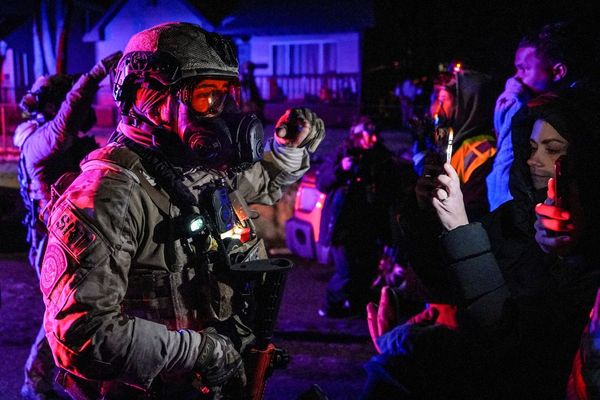
The UK appears to have just seen off its fifth wave of Covid-19 infections, although experts continue to fear that another could arrive this autumn once the weather turns unless proper precautions are taken.
The country saw a 43 per cent spike in coronavirus cases at the beginning of June, seemingly caused by people coming together to celebrate the Queen’s Platinum Jubilee over the course of a four-day weekend.
Driven by the BA.4 and BA.5 sub-variants of Omicron – the strain that spread so rapidly across the UK in December 2021 and January 2022 before gradually falling away – cases continued to rise to a peak of around 4.6m cases in mid-July before gradually beginning to decline.
While August finds Britain in a much better place in terms of infections, closer to just 120,000 per day according to the ZOE Health Study, the recent spike was a timely reminder that Covid has not gone away and that we still need to be vigilant as new mutations continue to emerge around the world.
The approval of Moderna’s new Omicron-specific jab is a welcome development for the UK and the shot could end up playing a significant role in any further vaccine drives to come.
With that in mind, what follows is an overview of some of the most common symptoms associated with that variant and its offspring for the fully-vaccinated – and two early warning signs that you might have it.
Most common symptoms for the fully vaccinated
Researchers in Norway conducted a study interviewing 111 out of 117 guests to a party on 26 November 2021 where there was an Omicron outbreak.
Of the group interviewed, 66 had definitive cases of Covid and 15 had possible cases of the virus.
Of the 111 participants, 89 per cent had received two doses of an mRNA vaccine and none had received a booster shot.
According to the findings published in the infectious disease and epidemiology journal Eurosurveillance, there were eight key symptoms experienced by the group of fully-vaccinated partygoers.
These were: a persistent cough, runny nose, fatigue, sore throat, headache, muscle pain, fever and sneezing.

The study found that coughs, runny noses and fatigue were among the most common symptoms in the vaccinated individuals while sneezing and fever were least common.
Public health experts also added nausea to this list of symptoms in vaccinated people who have contracted the Omicron variant.
Although the vaccine protects against the more serious risks of the virus, it is still possible to contract Covid even if you have both jabs and a booster shot.
The mild nature of the symptoms makes it hard for people to distinguish the virus from a common cold.
But, according to Professor Tim Spector of the Zoe Covid project, around 50 per cent of “‘new colds’ currently are, in fact, Covid”.
Two early warning signs you may have Omicron
Experts also suggest there are two distinct symptoms that could be a sign a positive test is around the corner: fatigue and spells of dizziness or fainting.

More than simply feeling tired, fatigue can translate to bodily pain by causing sore or weak muscles, headaches and even blurry vision and loss of appetite.
Dr Angelique Coetzee, a private practitioner and chair of the South African Medical Association, told Good Morning Britain that fatigue was one of the main symptoms of Omicron when the variant broke out in South Africa.
In fact, 40 per cent of women reported they struggled with fatigue due to Covid compared to one-third of men, according to a poll by WebMD that asked users how often they had suffered fatigue from 23 December 2021 to 4 January 2022.
Dizziness or fainting is the second sign that you may have Omicron.
A report from Germany recently suggested that there could be a link between fainting spells and Omicron after doctors in Berlin found that Covid was triggering recurrent dizzy spells in a 35-year-old patient admitted to hospital.
German newspaper Arztezeitung said that the doctors could see a “clear connection” between the infection and the fainting spells.







